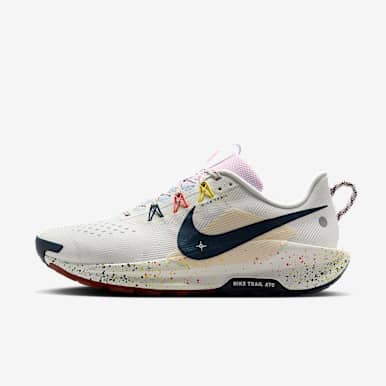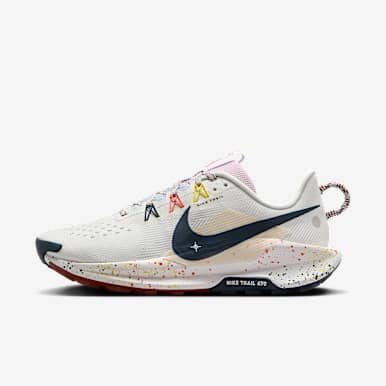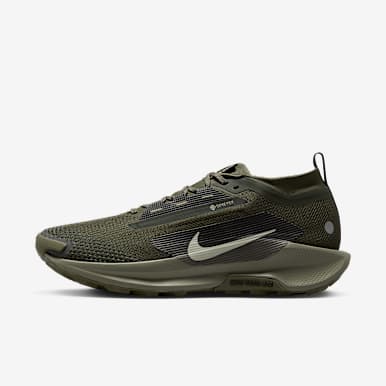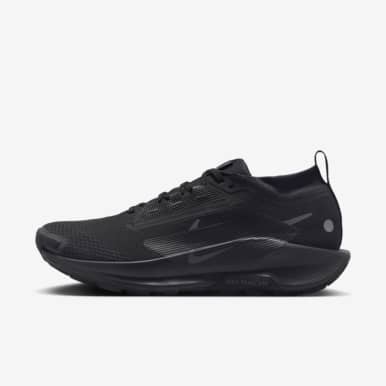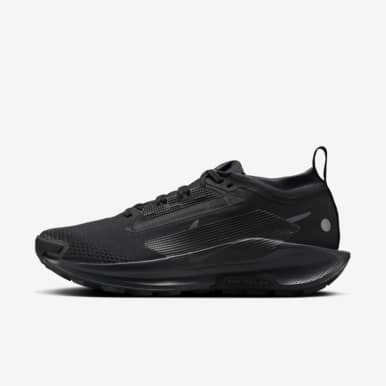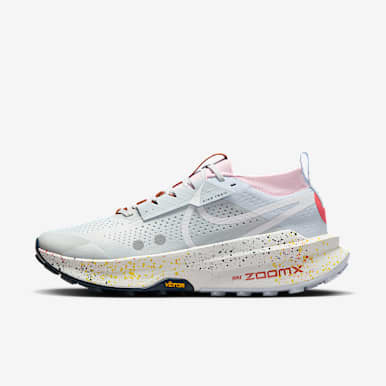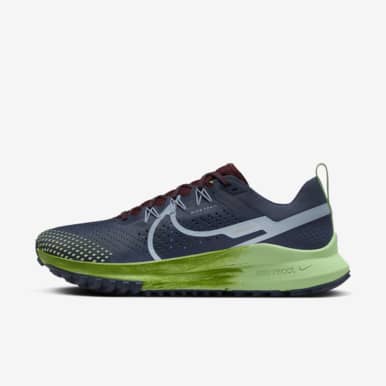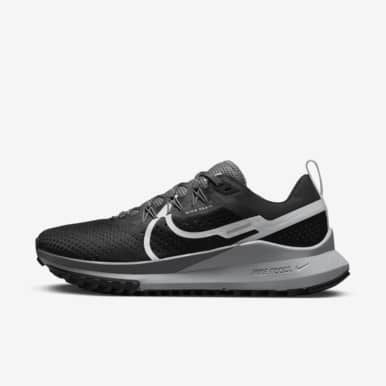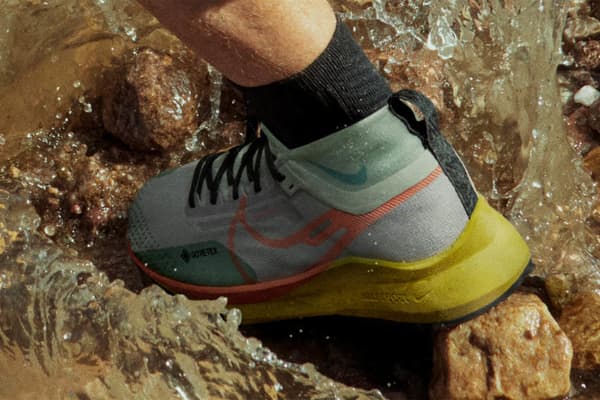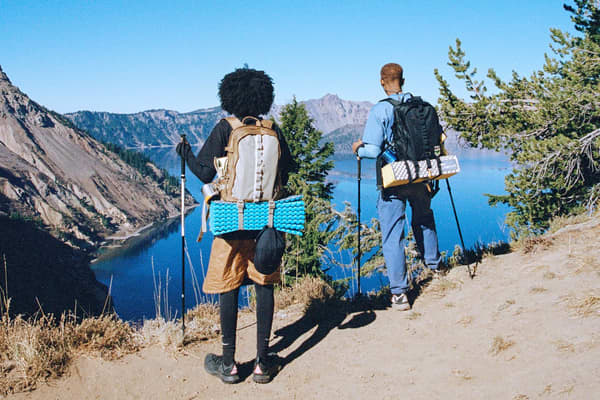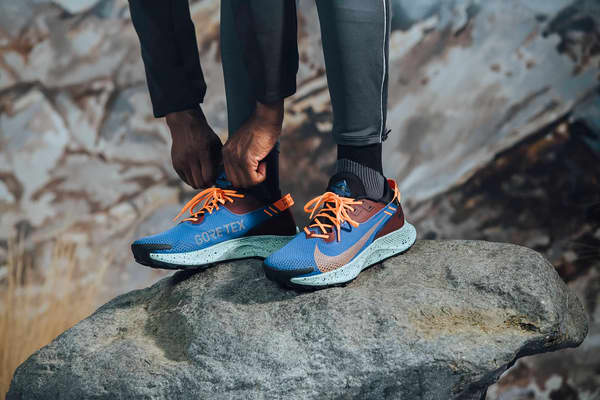How to Select the Best Boots for Hiking
Buying Guide
Hit the trails and get out into nature with the right hiking boots on your feet.
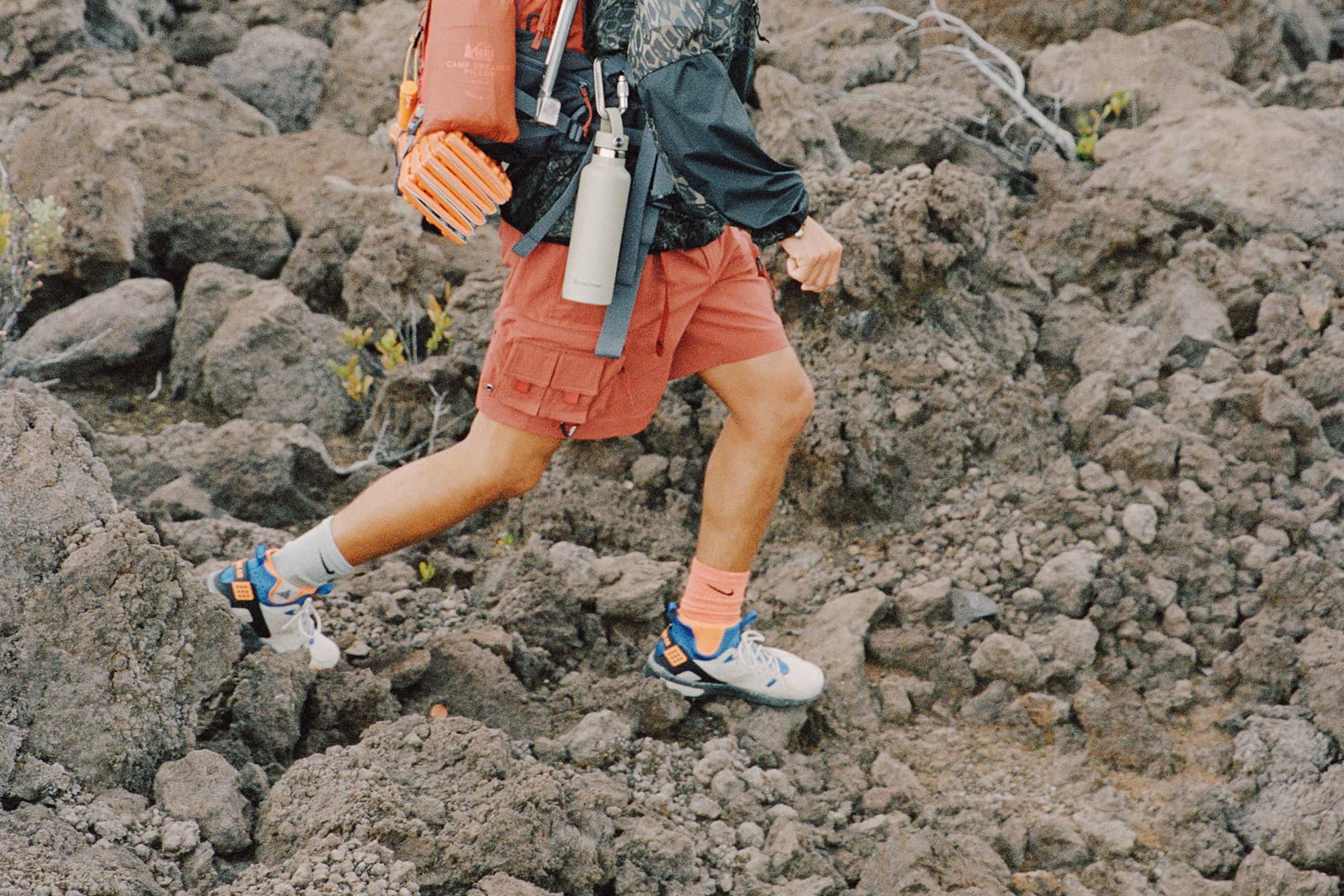
Hiking is a popular pastime for many people, and it looks different for everyone — you can take it easy on a flat, picturesque walk or hike almost vertically up to a mountain peak. Depending on where in the world you’re hiking, you can see trees, wildlife, giant boulders and so much more along the way. No matter what trail you’re on, it’s important that you add the right hiking boots to your outfit to keep your feet comfortable and secure as you trek along.
Making the Cut
A key difference between hiking boots and regular shoes is the cut. This refers to the height of the boot as it goes up your leg. Every height gives you a different amount of ankle support, which helps you meet a variety of trail types head on.
- Low-cut Boots
Ideal for trail walking, these boots sit just below your ankle. They’re perfect for day-walking and easier trails. You’re not going to get significant support, so avoid rough terrain and steep hills. You might also want to keep them at home if you’re hiking in any kind of inclement weather.
Low-cut boots are perfect for a sunny day hike through a beautiful forest, alongside the flowers on gently-sloping hills or even a sandy hike along the coast.
- Mid-cut Boots
The cuff of these boots goes just above your ankle, so you’re already getting a lot more support. Their design also gives you more balance and stability so you can increase the intensity of your trail choice.
Mid-cut boots are best if a typical hike for you includes hillwalking, low-alpine hiking, more serious trekking and backpacking through the wilderness.
- High-cut Boots
Extending all the way up to the lower shin area, high-cut boots give you the best of everything as a hiker. They offer full-coverage to protect your feet and lower legs from trail hazards like sharp rocks, prickly plants and even snakes. The heaviest of the three cuts of boot, they’ll also keep your feet warmer should you find yourself hiking in cooler weather or even through snow.
High-cut boots are perfect for more hard-core hikers who often hit alpine trails that take them above the snow line.
The Best Hiking Boots for Day Hikers
For those who like to dedicate a few hours to a nice hike, you’ll probably want day hiking boots. These range from mid- to high-cut boots for extra support. The height you get on your boot is really up to you, but if you’re hiking with a backpack, you might want a higher cut.
Day hiking boots shouldn’t feel too heavy on your feet. Look for materials like split-grain leather, which is more lightweight and breathable. They’re not always as waterproof as more serious hiking boots, but if you prefer trails with lots of puddles, creeks or bodies of water to wade through, you can always find a pair with a waterproof liner.
These hiking boots shouldn’t feel too stiff. Even if they start out that way, they should break in and begin to easily move with your feet the more you wear them. If you don’t notice this happening, you may have the wrong boot for your casual hike.
The Best Hiking Boots for Multi-day Hikers
If you’re going on a more serious hike (one that will take a few days to complete) you’ll probably need backpacking boots. These help accommodate the extra stress on your feet that comes from all the gear you’re carrying in your backpack.
Again, a high-cut boot is the best choice, but you should also pick a pair that wraps above the ankle for extra support. Your hiking boots should not only be supportive but durable since you’re going to have them on quite a bit.
Backpacking boots are best when made of full-grain leather. This material is not only durable, but also water resistant. It’s made for extended wear and heavy loads and performs well on all kinds of terrain. While it won’t feel light and breathable like a sneaker, this type of hiking boot is giving your feet what they need to perform their best on the trail.
The best hiking boots for multi-day hikers also should have a strong midsole to keep your feet stable. In this case, a stiff boot is a good boot. It will keep your feet secure over every rock and tree root you step on. A more flexible boot can wear out your feet going over a lot of these obstacles.
How to Ensure the Proper Fit
No matter which type of hiking boot you need, make sure you have the right fit. Knowing your shoe size is only part of the process. You also should:
- Try boots on at the end of day when your feet are at their largest.
- Wear the same socks you plan to hike in, which are often thicker than everyday ones.
- Walk around in the boots, but go a little farther than just one aisle of the shoe store. If you’re trying out the boots at home, try to walk up and down a flight of stairs to see how they feel as you move your feet differently.
It’s also important to remember that no matter how comfortable your hiking boots are when you buy them, you’ll need to break them in a little bit. The best way to do this is to start on an easier, shorter trail the first time you head out in them. This gives you time to loosen them up without having to worry about your feet getting sore in the process.
Hiking Trails and Running
For some, hitting the trails doesn’t require any boots at all. If you prefer to run on rougher terrain, your best hiking boots may actually be trail running shoes. If you are a trail runner, forgo the boots, and instead, look for hiking sneakers with extra traction to handle changes to the groundcover.
You also want your shoes to provide extra cushioning and have a stiffer construction. Waterproofing is helpful as well to keep feet dry through puddles and mud. Even if you’re walking, you may prefer trail running shoes over actual hiking boots when you’re out for a day hike. But, if you’re planning on a longer escapade, boots are likely your best bet.
The Best Hiking Boots for You
Now that you know you have a range of options when it comes to hiking boots, what’s your favorite hike like? Focusing on the features of a perfect day’s walk through nature will help you narrow down your options for the best hiking boot to get you across the finish line of any trail.
